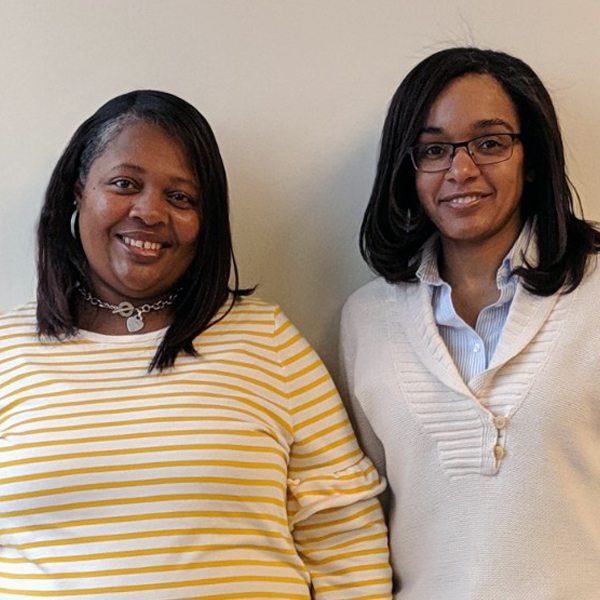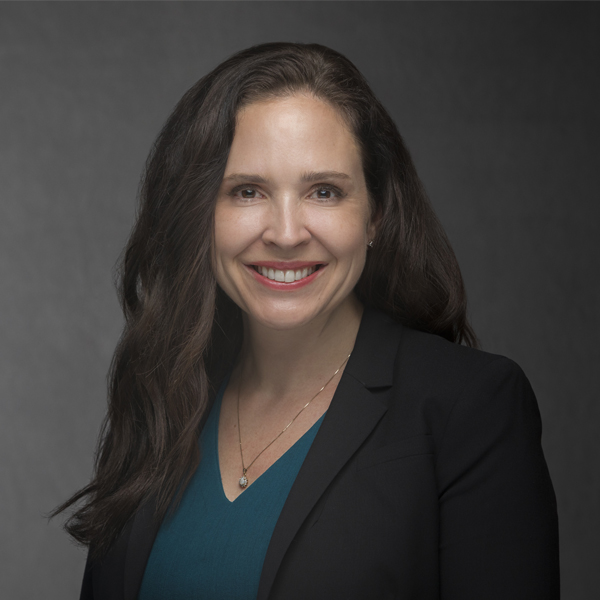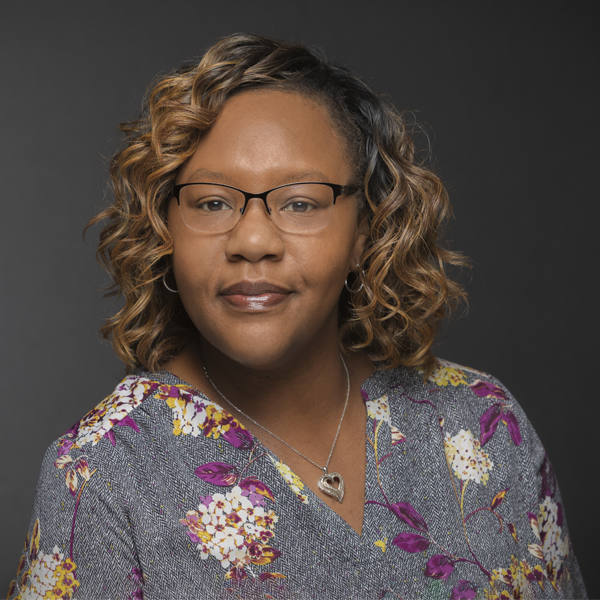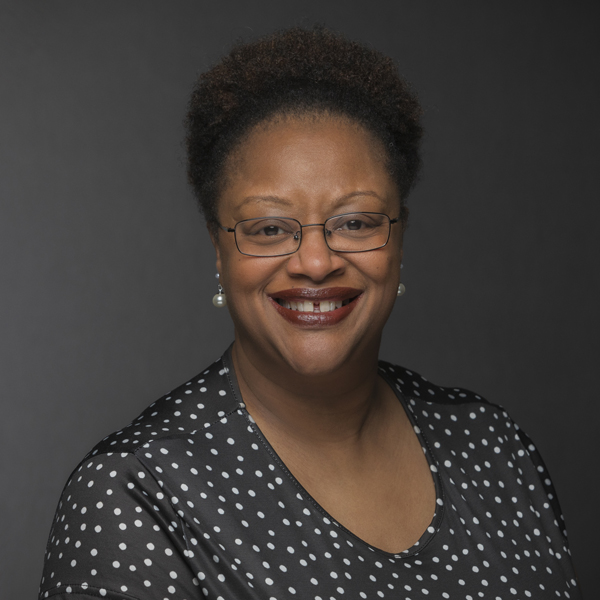No matter how long ago you were in school, you probably remember your reaction when the teacher asked you to work in groups. There’s a good chance you either cheered or groaned. Ed Marquette, an intellectual property partner in Kansas City and a member of the American Bar Association’s Commission on Disability Rights, says group work is alive and well—with an additional twist. “Most of the group dynamics we’ve seen have dealt with homogeneous groups. Now we’re talking about diverse groups and how we manage diverse groups to get the kind of result we’re looking for.”
Finding answers to those questions resulted in a co-authored article for the Institute for Inclusiveness in the Legal Profession (IILP) 2019 Review, titled, "Sweet Harmony: Substantive Diversity, Disability Rights, Millennials, and the Shape of Tomorrow's Inclusiveness." The article’s authors, Kim McKelvey, Patricia Kinaga, and Ed, found that the nature of groups in the workplace is in flux.
“In the research we reviewed for our article, we were finding an emphasis on teams—diverse teams. Teams by themselves were not necessarily seen as something to be desired, but diverse teams were because the more diverse the team, the broader the perspective of the team would be,” he explains. “The more likely there would be someone who would come up with a creative solution that someone else would not have thought of and certainly something that a totally homogenous group would not have thought of.”
If you take a diverse team of people who come from different backgrounds, different life situations, and different challenges in their lives, those teams really come up with creative, exciting and powerful solutions.
Ed says diverse teams are quickly becoming the norm, especially as millennials increasingly move into workplace leadership positions. “That necessarily implies that going forward, people had better be ready to work in diverse teams that essentially employ group dynamics, and group dynamics in ways that we haven’t seen before.”
To address the increasing need for skills while working with diverse teams, Kutak Rock’s Training and Education Affinity Group recently deployed a firmwide training program highlighting implicit bias.
“If you have people in your group who feel unsure, feel like they are not appreciated, or believe their views are not important, then you’re not going to hear from them.
“So, just throwing people together is not going to assure that you’re going to get the kind of group result that you’re looking for. To succeed, knowing how to operate inside a group is going to be important.”
“This new implicit bias training highlights many of the issues of group dynamics, including how we operate in groups and how we unintentionally sabotage a groups’ effectiveness. If someone comes into a group setting and all they’re trying to do is get people to validate their own views, you might as well not have a group. If you’re used to getting your own way and you don’t listen to anybody else, or you come into the group and project your own dominance or authority, you’re not going to get anybody to express anything.”
Implicit bias is particularly challenging. “If you are not consciously aware of it, how can you deal with it?” One hopeful approach for reducing the effects, at least, of implicit bias, says both Ed and the research, is to “be part of a team that’s charged with policing each other, and keeping each other in line. Have checks. Work in diverse teams so your decisions aren’t as potentially reckless as they might otherwise be,” he says, alluding to recent national incidents that generated negative media, but ultimately led to improved implicit bias training.
“If the research is right and if the millennial mindset regarding inclusion really takes hold, then maybe we will finally see discrimination and prejudice just melt away. From what I’ve been seeing in the research, many in the millennial age group just assume that inclusion and diversity is a good thing—not merely from a moral standpoint—but as something that is and ought to be because it produces a better result, a more rewarding result, and even a more economically beneficial result.”
Seeing firsthand, from our own informal research, the manifestation of the relatively prejudice-free millennial mindset, and seeing how more formal research was confirming that observation, made writing the article just a whole bunch of fun.




